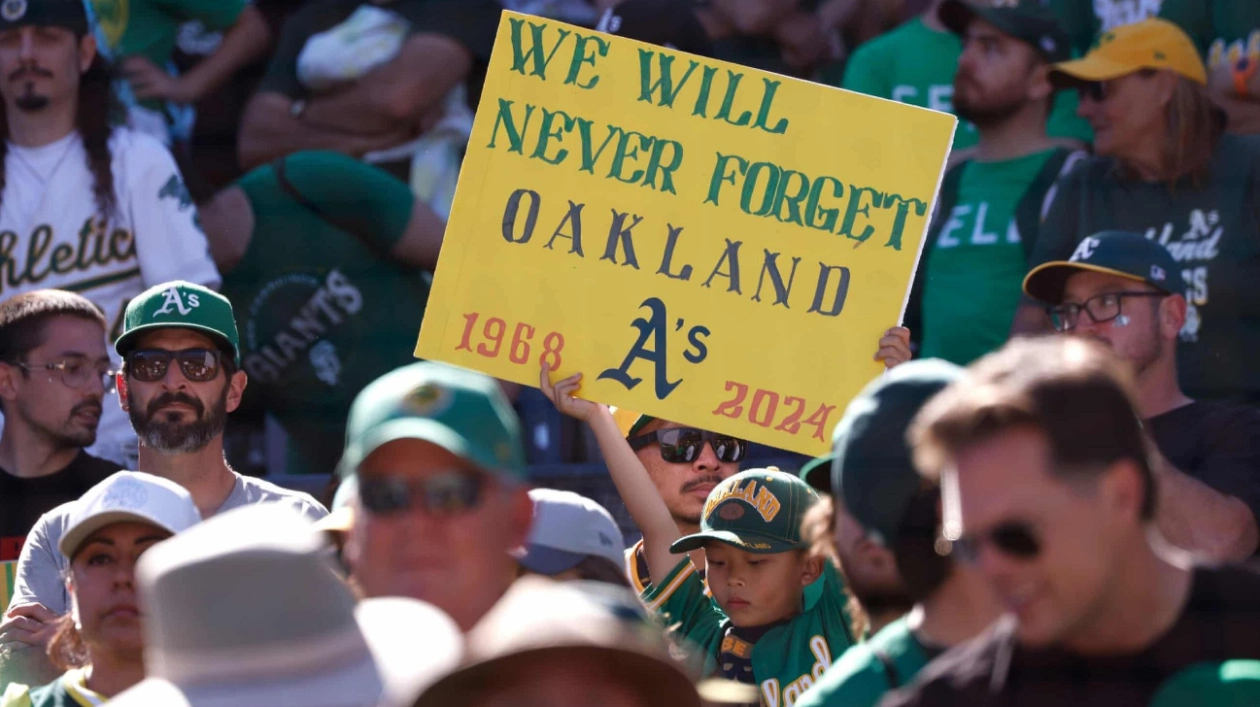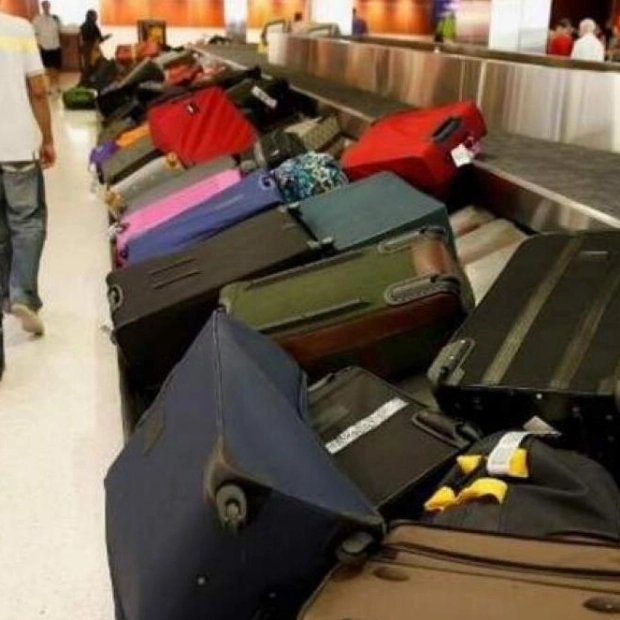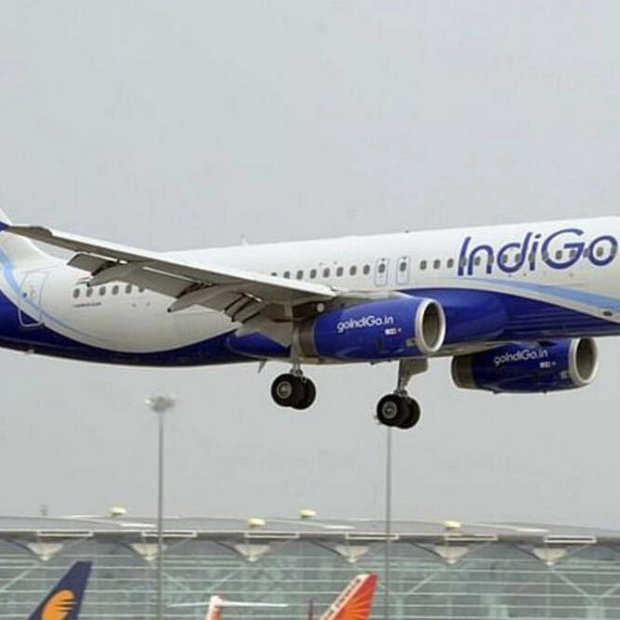A’s fans lingered long after the third out of their 3-2 win over the Texas Rangers, savoring every last moment inside the colossal concrete Oakland Coliseum one final time. Now, this storied franchise, founded in Philadelphia and later relocated to Kansas City, is set to leave the city of Oakland and its vibrant fanbase after 56 seasons. The Athletics aren’t moving to greener pastures; they might be heading to a desert locale that didn’t ask for them.
Oakland-born Dave Stewart, an All-Star pitcher on the city’s last World Series champion in 1989, posed the question of the day on the A’s pre-game broadcast: “What happened?” Stewart questioned the lack of a clear explanation for the team’s departure, noting that any explanation given doesn’t fully capture the impact or the details of what transpired.
Impact is a key word, especially when considering the emotional investment fans make in their teams and what it means to lose a franchise to another city. Kristin Young, unlike the over 46,000 fans who endured cliché-filled, insincere pre-game “tributes,” had already decided to stay away from the final game and the season that preceded it. She had been torn about attending but ultimately chose to avoid the emotional turmoil.
For many East Bay baseball fans, the club has been a part of their lives from the start. Young’s grandmother, Eva Young, purchased season tickets in 1988, taking her grandkids to games as soon as they could walk. Decades of memories were built, including learning to read by sounding out players’ names on the back of uniforms. Section 216 became a second home for a family that always found time to bond over baseball.
After Eva passed away in 2018, the family gathered annually to honor her on family “suite day” in one of the only MLB parks with affordable luxury boxes. On Thursday, the misty-eyed A’s fan in a green Mark McGwire T-shirt lamented the end of traditions and the latest professional sports void on the “bright side of the Bay.”
The only reason Oakland is losing the A’s is because owner John Fisher, who inherited his family’s Gap fortune, decided to make a logic-defying leap eastward. This move seems like a lose-lose deal for almost every party involved: the owner, Oakland’s fans, future Vegas A’s fans, the city of Oakland, the city of Las Vegas, Major League Baseball, and the MLB Players Association.
Former owner Walter Haas Jr., under whom the Athletics enjoyed their greatest success in the Bay, winning a World Series title while setting a franchise attendance record, calls the move “frankly unforgivable.” The A’s highly publicized, agonizing search for a new ballpark to replace the aging and infamous Coliseum, baseball’s “last dive bar,” is a long-running, complex saga that has spanned multiple owners, mayors, and even included the cross-Bay Giants.
However, the search seemed to be nearing a resolution with the team receiving $774.5m in tax-subsidized infrastructure improvements and other grants to relocate to a 55-acre former shipyard site known as Howard Terminal. The project, featuring impressive waterfront vistas of San Francisco, the Golden Gate Bridge, and the Oakland Bay Bridge, and close to downtown, made sense for a city still reeling from the loss of the NFL’s Raiders and the NBA’s Warriors.
But then abruptly, John Fisher switched gears and said, “No, we’re looking at buying land in Las Vegas.” Neil deMause, a journalist who co-authored the book Field of Schemes, told The Guardian that nobody is really sure whether Fisher felt like Oakland wasn’t showing him enough love or if he thought he could use it as leverage to get something else from Oakland.
The city of Oakland didn’t take the bait, and the A’s, who were threatening a relocation to Las Vegas to pressure city officials into the best deal possible, went ahead and moved forward with Sin City. Fisher, who for years has traded away the best of the A’s talent pool, fielded some of the lowest payrolls in the game, raised season ticket prices, and alienated every baseball fan in the area, is moving to Las Vegas with government stadium funding amounting to $300m less than Oakland was attempting to offer.
Despite all these factors, MLB’s owners, never one to punish one of their own for unsound business decisions, voted 30-0 to allow relocation. Currently, there is no announced funding for the remaining portion of the stadium, and there’s every chance the situation could get even worse. A’s players will now have the pleasure of playing in a Sacramento minor league park while their new stadium is built, if it’s built. And if the team does land in Las Vegas, there’s every possibility the low-budget A’s will still be a revenue-sharing team that struggles to sign free-agent players, something that will surely fire up their new fans.
In theory, MLB commissioner Rob Manfred could have reversed the owners’ vote under the “best interests in baseball” clause, forcing a sale to an investor such as Warriors owner Joe Lacob, who was willing to keep the A’s in Oakland. But clearly, the best interests of baseball were not enough.
And so the saga of the A’s will continue for some time, all while Oakland fans are left to ponder once more the question of the day and a lifetime: What happened?






